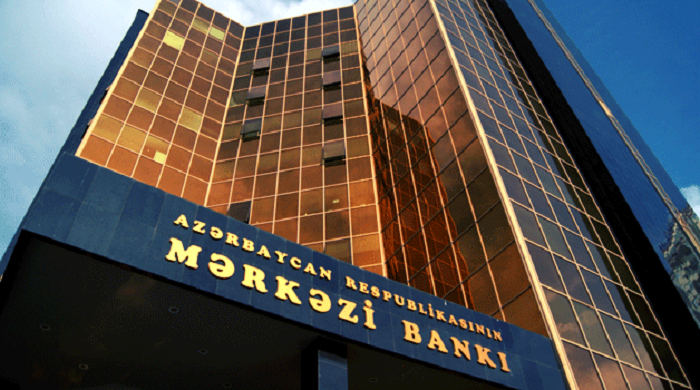Opening the forum, Guliyev informed the audience that the increase in non-cash payments, along with the development of digitalization, directly affects the weakening of the shadow economy.
The first deputy chairman said that the share of the shadow economy is always low at places where there is a high level of cashless payments among economic entities. In particular, in the countries of Africa and South America, where the number of cashless transactions per year per person is traditionally at the lowest levels, the share of the shadow economy holds 50 percent of the country’s economy, Guliyev noted.
In Singapore, where the number of cashless transactions reaches 700 per person annually, the shadow economy holds only nine percent share, the deputy chairman added.
In countries with high shadow economy, there is low investment attractiveness of banks, and in this regard, in recent years, many economic reforms have been carried out in Azerbaijan, including the transition to cashless economy, the development of financial literacy and digitalization, Guliyev said.
The two-day IV International Banking Forum, one of the most prestigious financial and banking events in the region, is taking place in Baku with the support of CBA, the Financial Market Supervisory Authority (FIMSA) and the Center for Analysis of Economic Reforms and Communications.
The forum brings together heads of regulatory and control bodies in the financial and banking sector, leading managers of commercial banks and other participants of the financial sector.
More about: Azerbaijan
















































